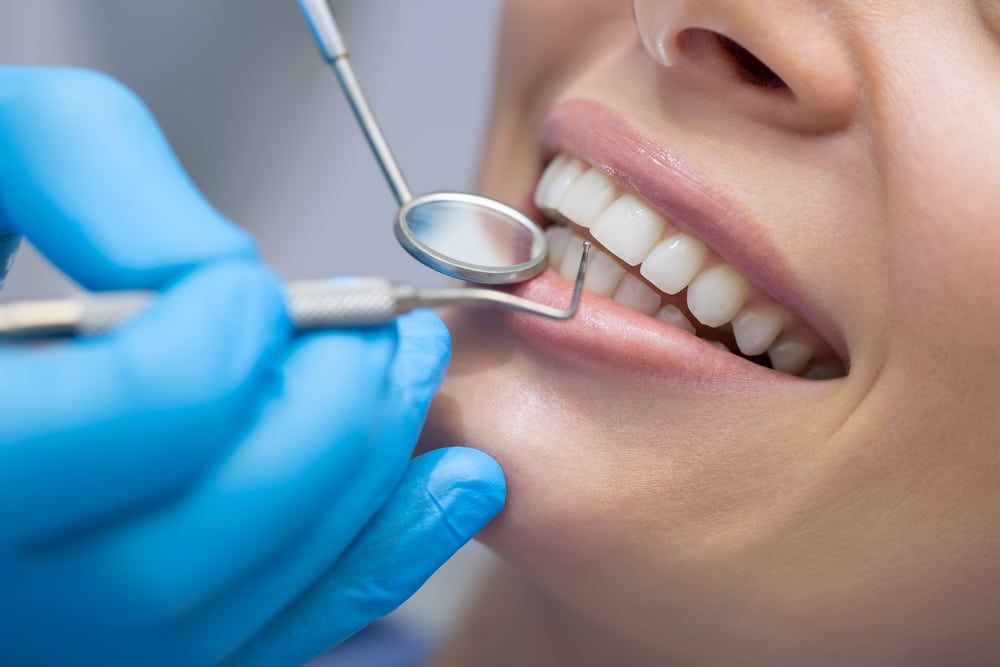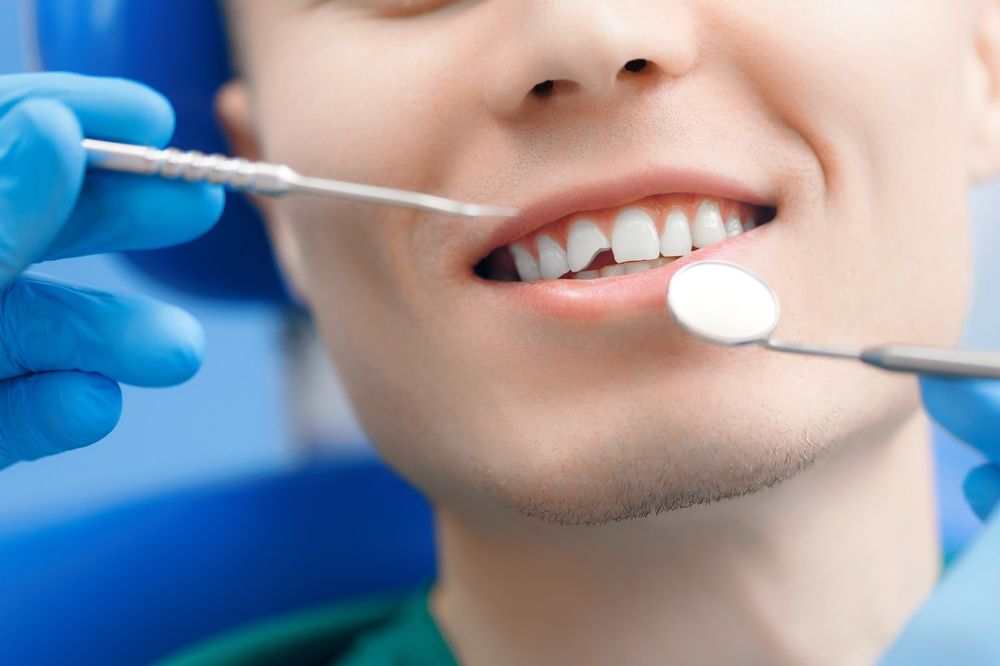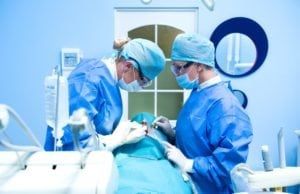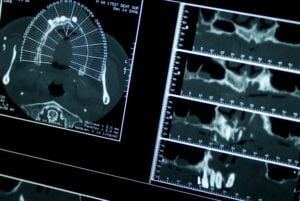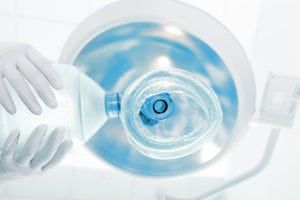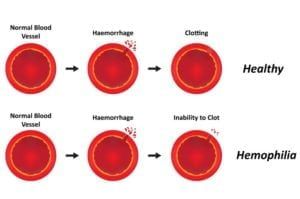Oral and maxillofacial surgeons specialize in the treatment of many oral and facial conditions, including diseases, defects, and injuries. Their work is generally isolated to the face and neck regions, incorporating both the hard and soft tissues of the mouth and jaw. Many patients visit oral surgeons for complicated tooth extractions, TMJ disorders, and oral cancer, but there are other procedures and treatments that these surgeons specialize in as well. Examples include facial cosmetic surgery, treatment for sleep apnea, craniofacial reconstruction, and treatment for facial injuries.
Did you know…
that you do not have to see a plastic surgeon to have cosmetic work performed on your face? That’s right — the same person who may have extracted your compacted wisdom tooth can inject you with Botox or perform a rhinoplasty. For more information about the types of cosmetic services available through your oral and maxillofacial surgeon, schedule a consultation at your earliest convenience.
Frequently Asked Questions
Is it possible that I could need an oral or facial procedure?
There are many circumstances that could warrant a visit to your oral surgeon. If you are experiencing jaw pain, have unusual lesions in your mouth, have difficulty breathing during sleep, or are interested in cosmetically enhancing your facial features, you could be a candidate for oral and maxillofacial treatment.
What should I expect during a visit with my oral surgeon?
Your oral surgeon will want to meet with you to discuss your symptoms and long-term health or cosmetic goals. Your initial visit will include a survey of your personal medical history and possibly some x-rays of your neck and facial region. Depending on the reason for your visit, you may need to undergo lab work, additional testing, or schedule a time to return for treatment.
Will I need to follow any special instructions following an oral or facial procedure?
If you undergo oral surgery of any kind, you’ll be given a list of instructions to follow after your treatment. This may include a modified diet and limitations on physical activity. It is important to take all medications exactly as prescribed and contact your surgeon if you start to run a fever or experience any complications following the operation. Some procedures – such as dermal fillers – require very little down time, if any at all. However, you may still be given advice for minimizing swelling after your procedure, as well as tips for prolonging your results when applicable.
